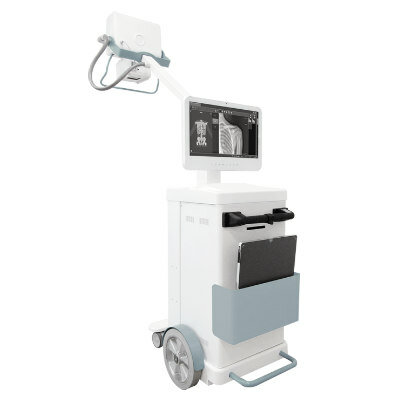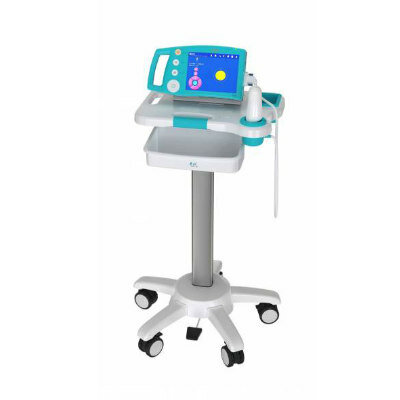Brain Imaging Ties Chronic Insomnia to Reversible Cognitive Deficits
By MedImaging International staff writers
Posted on 29 Sep 2008
A neuroimaging study has found that cognitive processes related to verbal fluency are compromised in individuals with insomnia despite the absence of a behavioral deficit. These specific brain function alterations can be reversed, however, through non-pharmacologic treatment with sleep therapy.Posted on 29 Sep 2008
Results of functional magnetic resonance imaging (fMRI) scanning during verbal fluency tasks revealed that individuals with insomnia have less activation than controls in the left medial prefrontal cortex and the left interior frontal gyrus, two fluency-specific brain regions. However, participants with insomnia generated more words than controls on both the category fluency task (46.4 words compared with 38.7 words) and the letter fluency task (40.1 words compared with 32.7 words).
"It was surprising to see that the patients performed at a higher level than the control group, but showed reduced brain activation in their fMRI results,” said lead investigator Ysbrand Der Werf, Ph.D., from the Netherlands Institute for Neuroscience (Amsterdam, The Netherlands). "The success during the task may reflect a conscious effort to counteract the effect of poor sleep.”
Results from post-treatment neuroimaging showed that cognitive abnormalities recovered for insomnia patients who received sleep therapy, but not for those assigned to a wait-list group. Participants in the sleep therapy group also generated more words on the verbal fluency tasks after treatment than members of the wait-list group, although the results did not achieve statistical significance.
According to the investigators, these findings should encourage the use of sleep therapy in clinical practice as a low-cost, non-pharmacologic intervention for insomnia.
The study included 21 chronic insomnia patients with an average age of 61 years and 12 healthy controls with an average age of 60 years who were matched for age, sex, and education. Insomnia was defined as "chronic” if it had lasted for at least 2.5 years. Participants underwent fMRI scanning during the performance of verbal fluency tasks between 5 p.m. and 8:30 p.m.
Insomnia patients then were randomly assigned to a six-week long sleep therapy group or a wait-list group. Therapy involved a combination of sleep restriction, multifaceted cognitive-behavior therapy, morning and late afternoon bright-light exposure, and body temperature manipulations. After six weeks, fMRI scanning was repeated on both treatment groups during the same verbal fluency tasks.
The study was published in the September 1, 2008, issue of the journal Sleep.
Related LInks:
Netherlands Institute for Neuroscience














